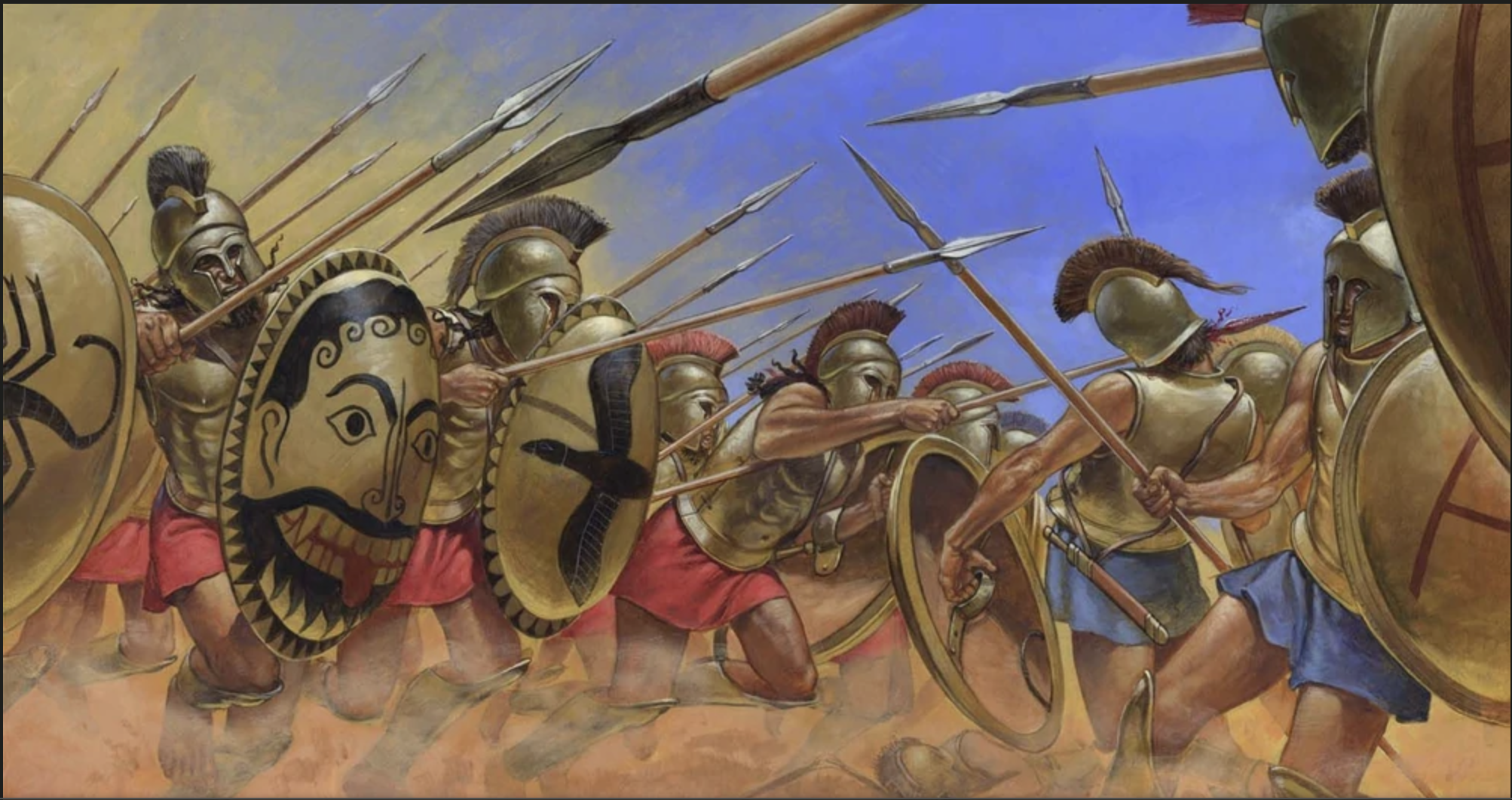“The final point was reached when Athenian strength attained a peak plain for all to see and the Athenian strength attained a peak plain for all to see and the Athenians began to encroach upon Sparta’s allies. It was at this point that Sparta felt its position was no longer tolerable and decided by starting this present war to employ all energies in attacking and, if possible, destroying the power of Athens. It was the rise of Athens and the fear it instilled in Sparta that made war inevitable.” ~ Thucydides, History of the Peloponnesian War
In one of the most popularly cited one-liners in the study of international relations, the Greek historian Thucydides said, “It was the rise of Athens and the fear that it instilled in Sparta that made war inevitable”
About the Peloponnesian War, a conflict that engulfed the city-state of Athens, Thucydides wrote, in the fifth century BCE, the conflict came to consume almost the entirety of ancient Greece. Athens challenged the dominant Greek power of the day, the martial city-state of Sparta. Thucydides observed the outbreak of armed hostilities between the two powers and detailed the fighting’s historic toll.
When a rising power threatens to displace a ruling power, the resulting structural stress makes a violent clash the rule, not the exception. Our history is filled with incidents like this. It happened between Athens and Sparta in the 5th century BCE. Between Britain and Germany a century ago, and almost a war-like situation between the Soviet Union and the United States in the 1950s and 1960s.
The Pelopponesian War
The Peloponnesian War was a war fought in ancient Greece between Athens and Sparta—the two most powerful city-states in ancient Greece at the time (431 to 405 B.C.E.). This war shifted power from Athens to Sparta, making Sparta the most powerful city-state in the region. The war featured two periods of combat separated by a six-year truce.
Athens and Sparta had previously quarrelled in the decades prior to the war. One of Sparta’s allies, Corinth, had engaged the Athenian army directly. As a Spartan ally, Corinth resumed hostilities towards Athens when Athens threatened Corinth’s interests in the region surrounding Corcyra. This eventually drew Sparta into the conflict. The Spartan army began by raiding lands within an Athenian allied territory, particularly a region near Athens called Attica. The Athenians had built walls stretching from their seaport to the city of Athens. The walls helped protect Athens from direct assault, and its leader, Pericles, urged Athens not to engage in direct land battles with the Spartans. Instead, the Athenians used their navy to deliver troops into the Spartan territory to conduct raids on settlements.
Sparta offered peace to Athens after years of open warfare. Athens accepted the peace offer. The agreement was made official with the signing of the Peace of Nicias. The treaty stated that Athens and Sparta would defend each other for the next 50 years. However, the treaty only lasted for six years.
Athens and Sparta resumed hostilities with an assault launched by the Athenians at Sicily. Sparta decided to retaliate. Learning from its past experiences with the Athenian navy, they established a fleet of warships. Thus began another decade of warfare before the Spartan general Lysander defeated the Athenian fleet at Aegospotami. This defeat led to Athenian surrender. As a result, the Peloponnesian War was concluded. Simultaneous to the end of this conflict came the end of the golden age of ancient Greece.
In recent times, it can be seen and noticed that the power relations in geopolitics are undergoing a tectonic shift, with China emerging as a major power that has the capacity to challenge the global might and dominance of the USA. Can China and the USA escape the Thucydides trap? Or will the USA be number two?
